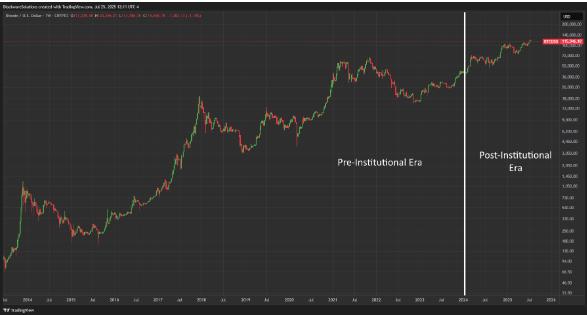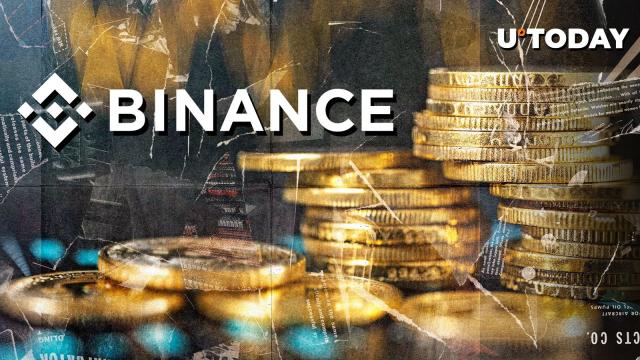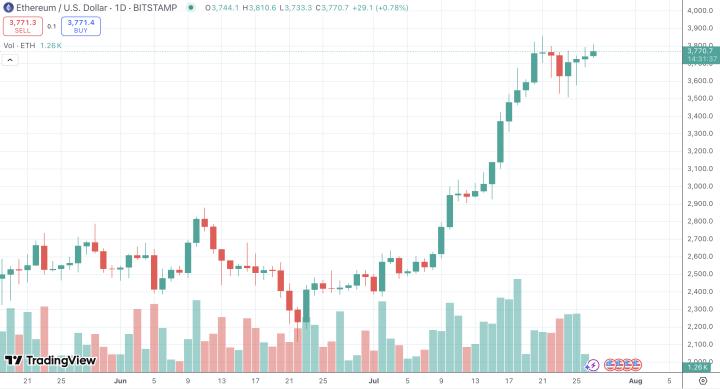RealT, a real-world asset (RWA) issuer based in Florida, is being sued after offering tokenized shares for dozens of houses it does not own. Additionally, over 408 properties owned by RealT have accumulated code and tax violations.
This case highlights serious potential issues in the entire RWA market. It raises questions about whether these companies can truly provide returns on real estate investments or if a Ponzi scheme will drive investor returns.
Real Estate Company RealT Brazenly Tokenizes Others' Properties
In line with the 2025 crypto crime supercycle, many new scams, hacks, and other frauds are currently targeting investors.
The RWA market has remained robust in a bear market and continues to grow despite widespread decline, with RealT reportedly pioneering a new type of crypto crime in Detroit.
Local media reported that RealT's fake RWA plan was very simple. Essentially, the company offered tokenized shares for 39 houses in Detroit's East Side area.
RealT secured $2.72 million in investor funds through this method, far exceeding the $1.1 million asking price for the properties. However, it did not actually purchase these real estate properties.
"We are getting close to a Ponzi/Madoff-type fraud. If this is true, the very concept of real-world assets would be invalidated, and it would call into question my entire investment strategy. To be more clear, I will withdraw all investments from RealT." – An anonymous investor said in an interview with a journalist.
The company began advertising these RWAs in 2023. Potential users were promised a portion of real estate rental income, but many of RealT's houses were empty or dilapidated. The city of Detroit is filing a lawsuit over code and tax violations for 408 properties.
To be clear, RealT promotes hundreds of properties in Detroit as RWAs. However, it has not completed the purchase of 39 houses in one area but has taken over property management.
Further investigation revealed more than 20 similar cases where RealT sold tokenized shares of houses it does not own. More cases may exist.
Will Real-World Assets (RWA) Cause Major Problems?
RealT's fraud raises questions about some fundamental principles of the RWA market. Essentially, this operation could not generate revenue even if the company owned all the properties it advertised.
Frankly, there is almost no practical experiential overlap between running a Web3 startup and renting out dilapidated houses.
RealT's housing vacancy rates reached up to 10 times the advertised amount. How can token holders receive a portion of rent that does not exist? Many houses were explicitly rent-controlled, encouraging tenants to live in abandoned areas.
This measure might encourage urban renewal in Detroit but does not help investor returns.
Even without considering real estate taxes, blight tickets, and other issues. Property management is a full-time job, but many of RealT's operations must focus on attracting crypto investors. In such an environment, investor capital can replace the engine for real growth, which is essentially a typical Ponzi scheme.
In conclusion, while the RWA market is attracting attention from both regulators and investors, the RealT case reminds us of the substantial difficulties involved.







